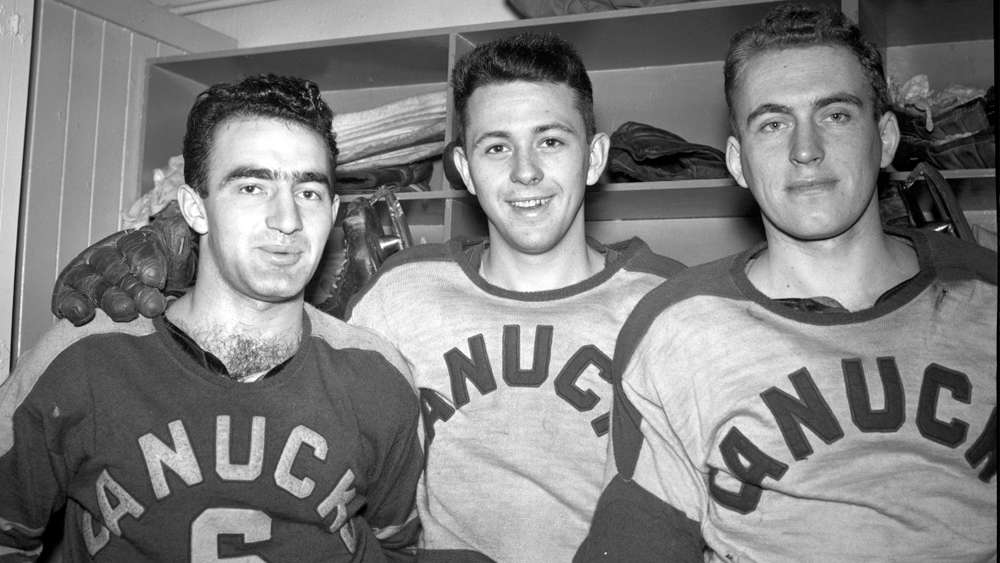As “non-profit-teers”, we have to do more with less. That’s underselling it I know, yet it’s a daily reality of the job. This isn’t something we lament, it’s a fact of our jobs that inspires us. It pushes us to use creativity and collaboration to be more and be better than we are today and it charges the efforts of our organizations to ascend to new and greater heights.
My fellow ArtsHacker Sarah Marcynski penned a fantastic post titled, 10 Ways to Become a GREAT Young Arts Professional wherein she gives incredibly good advice to anyone who wants to better themselves as an arts professional.
Her post inspired me at a point in our season where I really needed it plus her tactics and advice are spot on in all regards.
One additional aspect that I feel should be part of becoming a great arts professional is teamwork.
I don’t think people like to be talked at as a team. “Rah-Rah” chants and overused clichés aren’t good motivators and we enjoy being treated as individuals; individuals with ideas, and passions, and creativity, and great value to our organizations. The unspoken truth on non-profts is we are as good as our staffs are, down to each and every member.
So how can we work with individuals and have them contribute as a team to pull of feats that would normally take an army? How can a small band of troops accomplish things with very little man power and even less, little or no budget? Here are a few techniques that I have found to be successful.

1. Someone always knows more than you.
If you work for a performing arts organization and involved with executing events, and you don’t think your job involves performing, you’re out of your mind. Our jobs are about performing whether we are in action immediately after the initial applause or we aren’t. We perform in the steps of preparation and execution so that the art we love can be experienced by our patrons. Being cool and calm, even in situations that possess pressure is an elusive target, but it is an essential component to leading a team.
No one wants to see the pre-show or post-show turn into a circus, and our events have a complexity that is at times limitless, so the potential for disaster is almost always high. I for one cannot handle every complexity and facet of an event myself, but if I have a team that has clearly assigned tasks and goals, WE can absolutely handle anything that comes our way.
There is always someone at an event or performance that knows more about the event than I do. Even when this is less than 100% factually correct, I operate from a mindset that there is always something new to learn or to experience. It helps me ask questions and give responses from the perspective or a learner and very importantly, not as a manager.
When we are learning, we are not full of commands and dictations that can alienate and separate us from our team. When we learn we are striving to be better and this is a place where action can accomplish lofty goals.

2. Visualize the goal. See the whole board.
Every problem that arises is not worth lighting one’s hair on fire. Every concern that a patron or member of management has is not cause for immediate and dramatic action. It is your job to exude calm and to see how all of the parts fit together to make a whole. See the whole board and keep in focus that a flawlessly executed event that is enjoyed by all in attendance is the aim.
When you see the whole board, you see how every action within the timeline will unfold and how each action will contribute to the next occurrence. You can anticipate friction points and make adjustments to keep things moving smoothly. It will enable to act, gliding through the event like a racing yacht races across water. You’ll see the hot spots and deal with them before they overheat. You’ll see conflicts and friction points that have the potential to slow the pace and momentum.
Very often we are working with severe financial penalties for events going longer than planned. Being able to envision five moves or twelve moves from the current one makes the work of avoiding unnecessary delays so much easier. This is a fine skill, and it takes time, but it will serve you and fill you with confidence for any situation that you find yourself thrown into.
It may be an obvious thing to do, but I run through the events in my mind from multiple vantage points as many times as it takes for me to as many possible problems as I can. There’s not actually any way I can ever anticipate every possible problem, but this practice prepares me for a great deal of the potential problems. I can then use solutions for imagined problems to swiftly handle nearly anything that comes my way.

3. Encourage the team and play your part.
It is imperative that you lead with positivity. I’m not talking about positivity that wears a perma-grin and only responds with the word ‘yes’, I’m talking about the “Unstoppable Force” kind of positivity. When you lead with this mentality, your energy and enthusiasm can convert even the cynic’s cynic. If you’re having fun as the team leader, then you do nothing but increase the chances that your team will be doing the same.
This is not to say that there are not negative and unpleasant aspects to our jobs. You can be that person who remembers why we work for non-profits and why we love the art that we get to be part of. This can be the well-spring from where your inspiration both fuels you and feeds your team.
Be willing to get in and get to work when an extra hand is needed, or an instrument needs to be moved, or a table needs to be set for donors, and your actions will communicate in profound terms that you are part of a team that is working toward that end goal.

4. Give credit where it is due and celebrate the accomplishment.
When the event is complete, and it went perfectly or not so much, you can acknowledge and affirm your team for doing the work and doing it well. Talk to everyone, even the awkward ones or the ones you don’t like personally. Everyone needs to feel good about what they do.
Acknowledging and communicating creates an environment that is based upon respect. As I communicate to my teammates that I saw their work and appreciate their contribution, they learn that my aim as a manager is not to direct and wield authority, it is to work as a unit to make everything better.
In the end, the events are not about the Maestro, Maestra, Artistic Director, Executive Director, or even our donors. These events are about all of us coming together to experience something that none of us can replicate on our own. When we see our jobs from this view, we see just how profound our individual and collective impact can be.